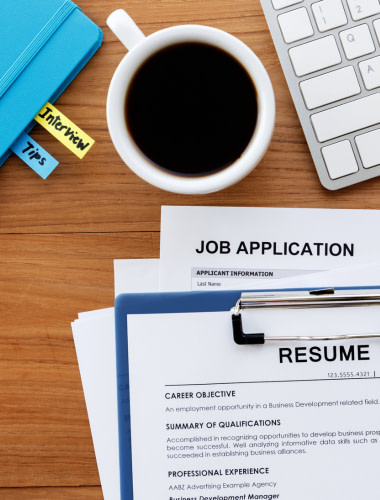Despite delivering a stellar performance in the interview, it's not uncommon to find yourself without a job offer. Job selection processes are complex and multifaceted, influenced by numerous factors beyond just the interview itself. While a great interview is a significant step, the ultimate decision is shaped by a combination of factors ranging from the qualifications and experiences of other candidates to the intricacies of team dynamics and organisational needs.
Understanding the factors of the hiring process can be challenging, but exploring various possibilities may shed light on why, despite a strong interview, you were not selected for the position.
Competition
There may have been other candidates with slightly more experience, skills, or qualifications that better matched the employer's needs.
Fit with the team or company culture
Sometimes, the decision may be based on how well the employer thinks you would fit in with the existing team or the overall company culture. It's not just about your qualifications but also about how well you align with the company's values and work environment.
Internal candidate
In some cases, companies might have internal candidates who are already familiar with the company's operations and culture. They might be given preference over external candidates.
Specific skills or experience
The employer may have identified a specific skill or experience after the interview process that they realised is critical for the role and that the candidate might not have demonstrated during the interview.
References or background check
Sometimes, employers conduct reference checks or background checks after the interview. If there's any discrepancy or negative information, it could influence the hiring decision.
Budget or organisational changes
There might be budget constraints or organisational changes that impact the hiring process. The company may have decided to delay or cancel the hiring for that particular role.
Subjective decisions
Hiring decisions are often subjective, and personal biases or preferences of the interviewers could play a role.
Communication or follow-up
If you didn't send a thank-you email or follow-up after the interview, the lack of communication might have been a factor. Employers appreciate candidates who express continued interest in the position.
It's important to remember that not getting a job offer doesn't necessarily reflect on your abilities or qualifications. Each job search is a learning experience, and feedback can be valuable if you're able to get it. You could consider reaching out to the interviewer for feedback, which may help you understand areas for improvement or provide insight into the decision-making process.
For more information regarding this topic, check out Indeed's article on 12 reasons why your interview went well but you got rejected. Additionally, if you'd like more interview tips, click the button below to read our article on how to impress in an interview.


Are you looking for a job?
Now that you know the potential reasons why you didn't get the job after a great interview, you should take a moment to check our current vacancies page.
At 11 Recruitment, we have a range of white-collar temp and perm jobs available. We're always on the lookout for top talent to place with our clients, so we encourage you to apply for any positions that are of interest.
If none of our current vacancies are right for you, you should register for job alerts. Then we’ll be able to notify you when we receive a position that matches your profile.




















